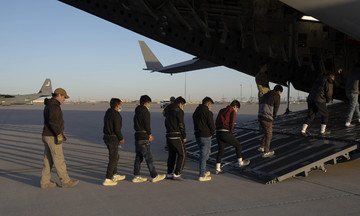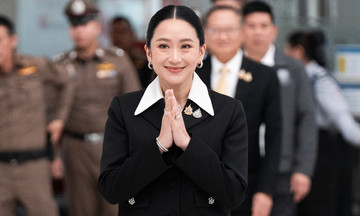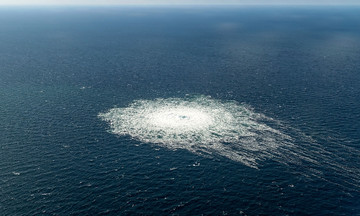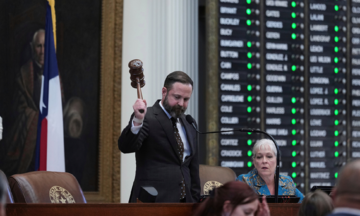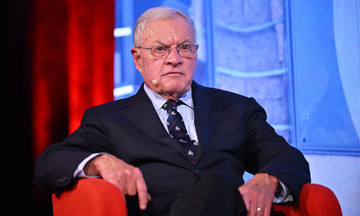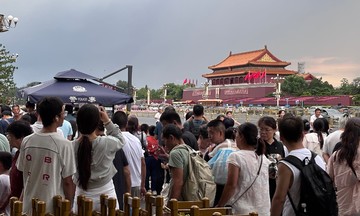Liberia's Foreign Minister Sara Beysolow Nyanti said, "We were very honored to be invited by the White House for President Joseph Boakai to meet with President Donald Trump and other African leaders. We did not take any offense at all," AFP reported on 12/7.
Nyanti added that Liberia wants to strengthen its relationship with the US "based on mutual respect."
The comment came days after Trump complimented Boakai's English during a meeting at the White House, despite English being Liberia's official language.
"Your English is very good. Where did you learn it?" Trump asked. President Boakai laughed and told Trump that he "studied right here in our country." Media reports suggested Boakai appeared embarrassed by the question.
Trump's compliment has sparked mixed reactions in Liberia.
Shadrach Johnson, an unemployed Liberian, welcomed Boakai's inclusion among the few African leaders invited to the White House meeting. "He went there and spoke for the Liberian people. That is progress," he said.
However, some criticized Trump for insulting the Liberian president. "That question was like mockery. He was really mocking our president," said Patience Allison, a street vendor.
The American Colonization Society, sponsored by Congress and slave owners, began sending freed slaves to a coastal settlement in Africa in the 1820s. This area was later named Liberia, meaning "Land of the Free," and its capital, Monrovia, was named after then-US President James Monroe.
Thousands of African Americans migrated there and declared independence in 1847, establishing a government to lead the indigenous people. It was also the first independent republic in Africa. The US has maintained close ties with the West African nation ever since.
Liberia has diverse indigenous languages and several mixed dialects, but English is the official language. President Boakai can read and write Mendi and Kissi but communicates in English.
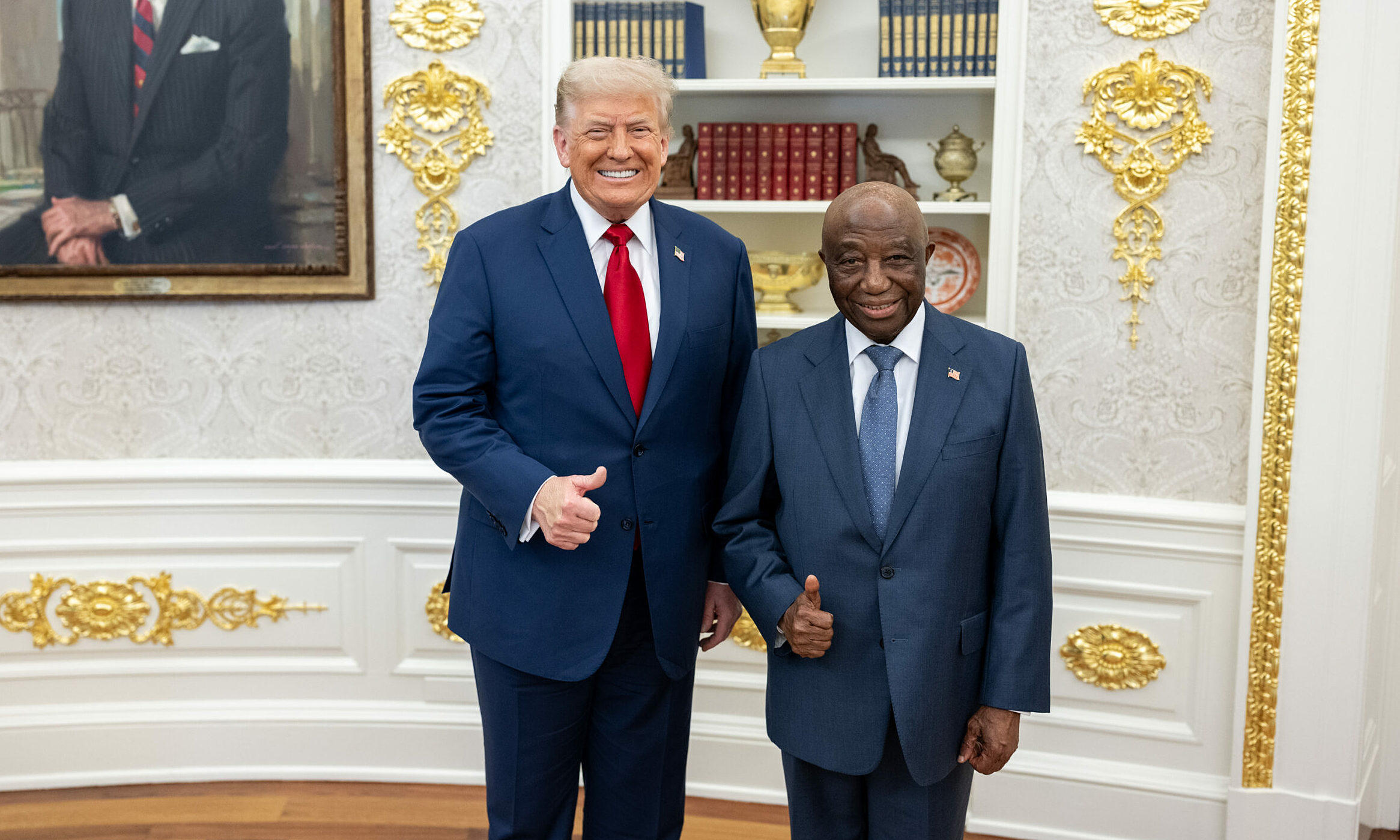 |
President Trump (left) and President Boakai in the Oval Office on 9/7. Photo: *White House* |
President Trump hosted a three-day summit in Washington on 9/7 with the presidents of five African countries: Gabon, Guinea-Bissau, Liberia, Mauritania, and Senegal, none of which are major African economies.
Under previous US presidents, African leaders often visited the White House to discuss financial and humanitarian aid. However, this summit focused on US trade policy with the five African nations as they faced a 10% tariff imposed by the Trump administration on their exports.
Thuy Lam (*AFP, Reuters*)



